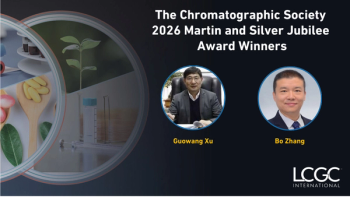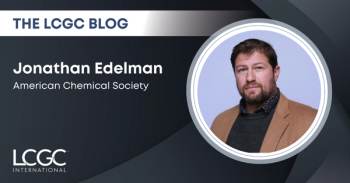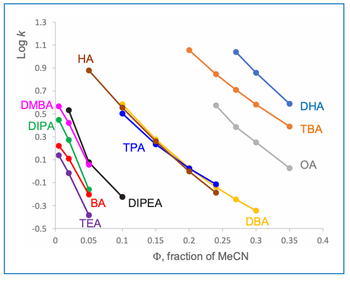
Machine Learning and Lipid Nanoparticle Analysis
At HPLC 2023, Kelly Zhang gave a lecture on how machine learning can help further our understanding of the characterization of lipid nanoparticles.
Kelly Zhang from Genentech, USA, gave a talk on the characterization of lipid nanoparticles (LNPs), which she presented in a keynote lecture at the 51st International Symposium on High Performance Liquid Phase Separations and Related Techniques (HPLC 2023) held this week (1).
LNPs have emerged as a powerful tool for drug delivery, particularly with the success of mRNA-LNP-based COVID-19 vaccines. Analytical characterization of these nanoparticles is crucial for various aspects of drug design, formulation development, understanding their performance in the body, and ensuring patient safety through quality control.
While LNP analysis in different areas, such as mRNA, oligonucleotides, and small molecules, has been studied and extensively reported, there is a scarcity of literature on the characterization of intact LNPs as final products. Zhang discussed the critical quality attributes of LNP drug products, including drug encapsulation efficiency, particle size, lipid composition, and stability. Zhang also explored the advantages and disadvantages of current analytical technologies and outlined the specific challenges associated with LNP characterization.
One major aspect to consider is sample preparation, or the handling of these fragile lipid-assembled particles, according to Zhang. LNPs are delicate structures, and special care must be taken to maintain their integrity during analysis. Additionally, chromatography separation poses challenges due to the complexity of the lipid matrices within LNPs.
Zhang highlighted that the application of machine learning can help in efficiently analyzing LNP drugs with different nucleic acid cargos, such as antisense oligonucleotides (ASOs), guide RNA (gRNA), and mRNA, within diverse lipid matrices. Moreover, she then described a method of her own creation that uses machine learning for high-throughput quantitation of nucleic-acid loading in LNPs based on UV detection. Zhang highlighted that orthogonal methods are needed to characterize mRNA-LNP products from different angles. She concluded that there are still challenges for LNP characterization and scope that must be addressed for further research using separation science and multidimensional analysis.
Reference
(1) Zhang, K. Analytical Characterization of Lipid Nanoparticles. Presented at: HPLC 2023. June 18–22, 2023. Duesseldorf, Germany. KN01.
Newsletter
Join the global community of analytical scientists who trust LCGC for insights on the latest techniques, trends, and expert solutions in chromatography.




